What is Web 3.0? Is Web 3.0 the future of the Internet?
Web 3.0 is regarded as the future of global Internet, where users can fully control their data and identity security. In Web 3.0, there will be many decentralized webs connected together, and these websites do not need to use servers like they do currently. So, what exactly is Web 3.0? Let's explore further in this article.
I. The Emergence of Web 3.0
To understand Web 3.0 better, it’s important to first understand what the web is - a collection of information that can be accessed via the Internet.
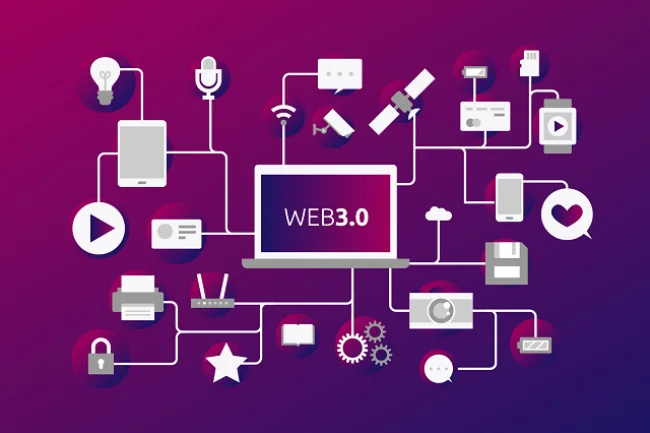
In the early days of the Internet, there was no classification like Web 1.0, Web 2.0, or Web 3.0. Back then, the web was simply understood as static information pages that website owners posted, and users could only read without interacting with the content. Gradually, these static, non-interactive websites were labeled as Web 1.0.
Technologically, Web 1.0 can be understood as websites that only had a front end, consisting of HTML and CSS, without any database management system.
For example, some current Web 1.0 sites are trusted-broker-report.com, ...
The biggest difference between Web 1.0 and Web 2.0 is user interaction capacity. With Web 1.0, users were passive; they could only view and not interact much on websites. However, with Web 2.0, users could fully interact on the website more, like creating accounts, liking, commenting, or even creating, uploading content, and sharing it publicly.
Technologically, Web 2.0 refers to websites that have both front end and back end codes, meaning they include server languages such as PHP, Node JS, Java, etc., along with a database system like MySQL, MongoDB, etc.
For example, some current Web 2.0 sites are youtube.com, facebook.com, twitter.com, ...
Thanks to Web 2.0, the internet world has become much flatter, bringing tremendous benefits. People around the world can interact with each other and access more information. However, over time, tech giants like Twitter, Facebook, ... started to dominate Web 2.0, exploiting user data for other services like advertising for their own benefit.
Furthermore, joining a Web 2.0 platform requires users to provide certain personal information. Even though content uploaded on these platforms is owned by individuals, tech giants like Facebook, Twitter, ... can easily delete that content or even block the individual’s account. That's why Web 3.0 was developed to address these issues.
II. Overview of Web 3.0
1. What is Web 3.0?
Web 3.0 represents a new generation of internet technology aiming to create intelligent websites and web applications.
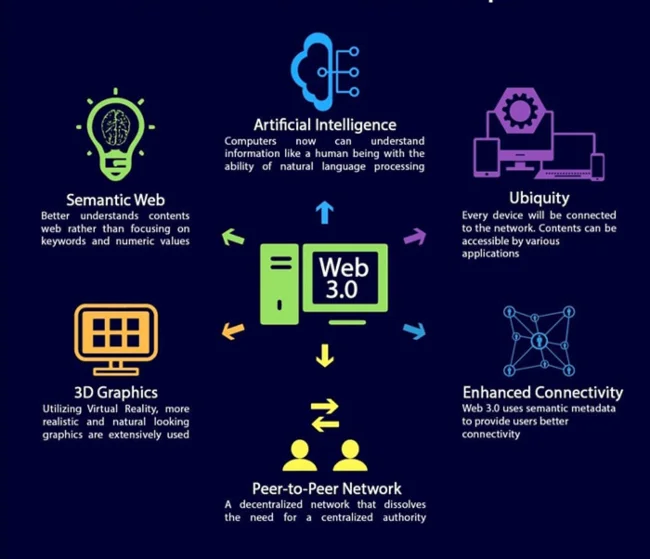
With Web 3.0, power will no longer be in the hands of tech giants; instead, users themselves will be the owners of their personal information and uploaded content, and no one can delete or interfere with it. The independence from Web 2.0 is the foundation for a new era of the Internet, where information exchange on Web 3.0 will be openly transparent without much need for trust factors.
Technologically, Web 3.0 websites will resemble Web 2.0; however, the database system will be replaced with blockchain, and the back-end language will vary according to the respective blockchain ecosystem.
2. Advantages of Web 3.0
Web 3.0 inherits features of Web 2.0 while adding other superior elements such as:
- Eliminating intermediaries: Web 3.0 can connect platforms directly in a decentralized manner without any intermediaries.
- Immutable, tamper-proof data: Data stored on a blockchain cannot be tampered with by any individual or organization. Once recorded on the blockchain, it exists forever.
- Constant operation: Web 3.0 services are always operational, run by network nodes worldwide instead of a centralized server.
These outstanding features of Web 3.0 closely align with the advantages brought by blockchain technology. The strong development of blockchain is an essential part of the formation of Web 3.0 today.
3. Disadvantages of Web 3.0
Despite its superior advantages, Web 3.0 still has some drawbacks:
- Slow processing speed: Running a large number of validating nodes slows down the speed of Web 3.0.
- Not yet user-friendly: Blockchain technology remains unfamiliar to many, requiring users to learn new knowledge, download new software, and go through complex steps. This poses a significant barrier to the expansion of Web 3.0.
- Data clutter: Stored data on the blockchain cannot be deleted, leading to an accumulation of junk data in the network, which slows down data processing.
- Decentralization: Every user has access and control over the platform they participate in.
III. The Potential of Web 3.0
Web 3.0 has opened new business models and jobs that never existed before.

One of the most successful models is DeFi (Decentralized Finance), where applying blockchain technology to eliminate third-party intermediaries in transactions has made the crypto market successful. In just one year from November 2020 to November 2021, the crypto market's capitalization increased from 450 billion dollars to over 3,000 billion dollars, a tremendous growth rate.
The crypto market is just the first application exploited from Web 3.0, meaning the future might bring many breakthroughs and practical applications thanks to Web 3.0 and blockchain technology.
Some believe that Web 3.0 will eventually overthrow Web 2.0 and the monopoly of current tech giants like Google, Facebook. However, in my personal opinion, this would be challenging, as most content people search for today is based on Web 2.0 platforms. Moreover, most of the current infrastructure operates on Web 2.0; changing this would require companies to invest a lot of time, cost, and manpower in upgrading and innovating.
Jack Dorsey (Twitter CEO) also shared that decentralizing social networks might take decades. And the tech companies themselves must face the difficult task of balancing "Stability and Innovation".
Submit feedback
Your email address will not be made public. Fields marked are required *
Search
Trend
-
What is Black Myth: Wukong? Detailed Guide on System Requirements and Gameplay
08-21-2024 . 1k view
-
The simplest and fastest way to log into the Chinese TikTok, Douyin.
01-10-2022 . 1k view
-
Blog sites that will accept AI generated content
07-26-2024 . 1k view
-
Call of Duty: Black Ops 6 - Intense, Mysterious, and Surprising Warfare
09-02-2024 . 1k view
-
The "End of Life" for Windows 10: A Massive E-Waste Threat and Sustainable Solutions
08-18-2024 . 954 view



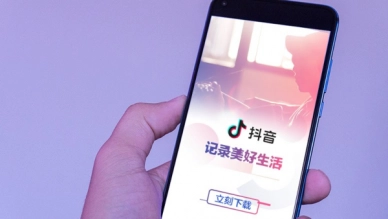

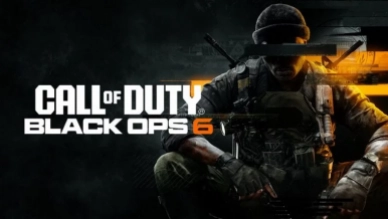
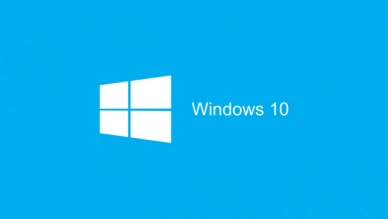
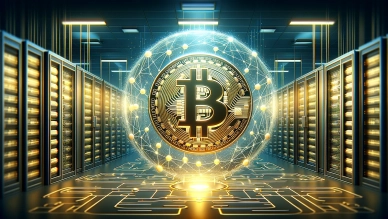
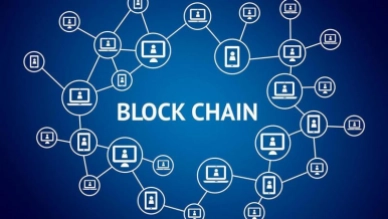
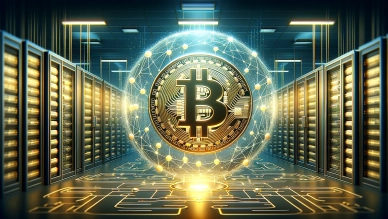
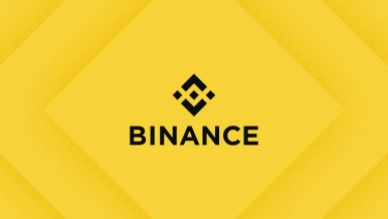
0 feedback